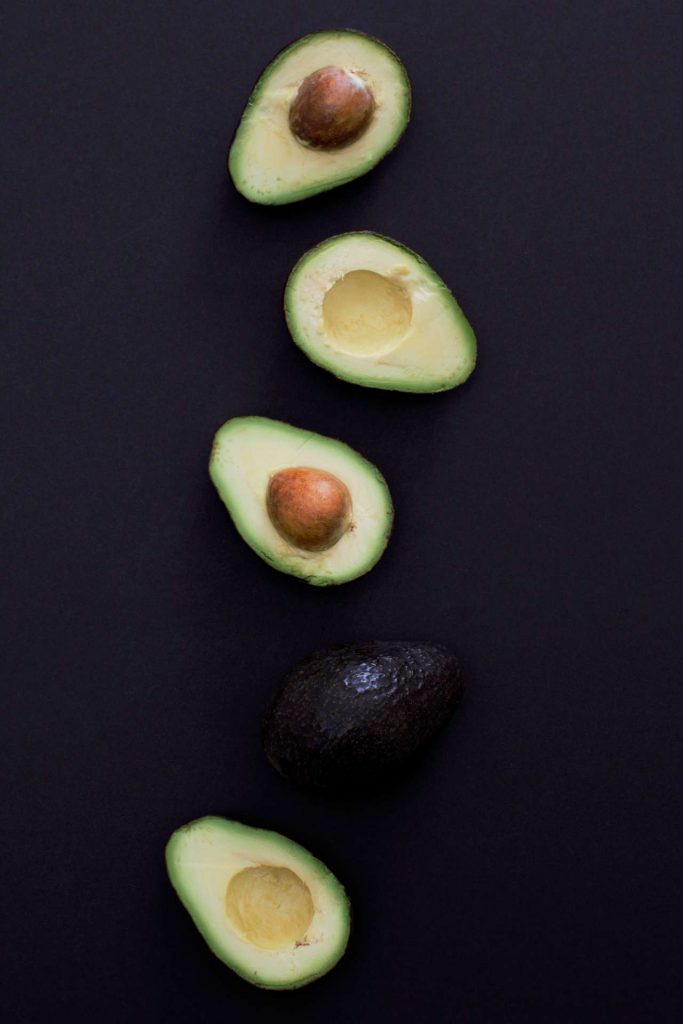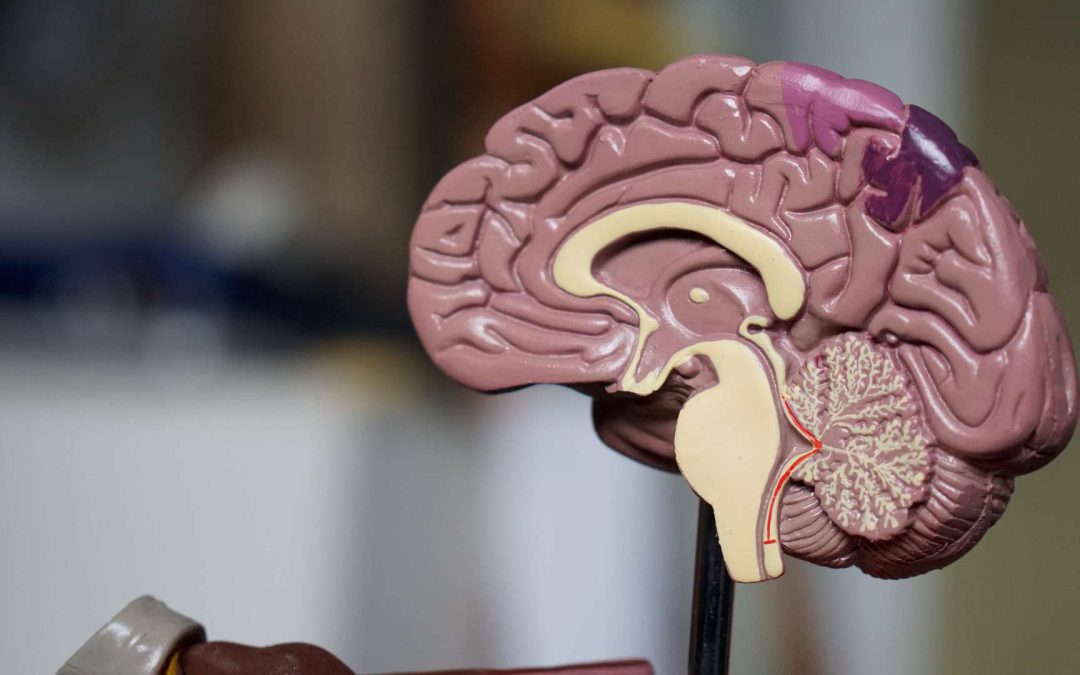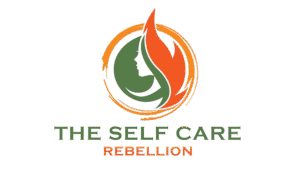Initially, my mum just seemed a little forgetful; maybe she missed the odd word out when she was talking, or she’d lose track in conversations of the words already spoken. She’d walk into a room and forget why she was there, or she’d get frustrated and tongue-tied over what seemed like the simplest of things. It really was just the little things, but she had a dark feeling inside her and that gradually spread to us who loved her so much.

Mum was scared to talk about it and even more scared at the thought of going to the doctors. Eventually, though, after months of symptoms, she agreed to see the GP, as long as I was with her. When we sat in the doctor’s office, she didn’t speak a word, she was paralysed by fear, so I spoke up and explained what was happening. Tears stung my eyes and mum refused to look at me; fear, anger, frustration, and hurt running through her veins. Things worsened when the doctor didn’t seem convinced by what I was saying, and I instantly found myself wondering if he thought I was gaslighting mum or just trying to make her feel awful. After a few more questions though, he asked mum to draw a clock and place the hands at 14.20. She wrote 12, 3, 6 and 9 as quarter markers, drew a circle around them, and then within seconds she’d added the last numbers. I watched and felt hope rise inside me. Maybe I was wrong? At that point, I didn’t care what the doctor thought of me and hoped with all my might that it was just a big mistake. Then she added the hands, and as I watched her struggle with where to put them, my stomach turned in knots, and my heart broke.

Several months later, following brain scans, blood tests, and lots of talking and writing she was diagnosed with Alzheimer’s and vascular dementia and our world was torn into two.
Right now my mum can’t hold a two way conversation that flows and makes sense, she finds herself lost in a world of anger and frustration, she can’t understand why she is not going to college to teach, where her long-dead parents are, or why she can’t find her babies, now fully grown adults. Sometimes she does not know my name or even that I am her daughter.
Whatever my dad and I go through as carers pales into insignificance knowing that her condition is degenerative and has no cure.
Not long after my mum’s diagnosis, I found myself falling into a pit of depression. I was either very low or completely numb, always in the minus’. Not only was I losing my mum, but I couldn’t stop thinking about my granddad, her dad, who’d also had Alzheimer’s. Now she has it. What will happen to me? I played the scenario over and over in my mind and my depression darkened. Something had to change; I couldn’t go on feeling like that. A few weeks later, by some miracle, I found that the universe had been listening and it threw me a lifeline. I was scrolling through social media and came across a post by Reignite a health and fitness coaching business. By some miracle, they were moving their business online and were looking for people to follow their principles and boost health, lose weight, improve fitness or achieve whatever goal they wanted for eight weeks, for free! Even in my depressed state, I knew that I couldn’t miss out on this.
During my first video call, I wept! My poor coach remained calm and listened while I talked about my mum, my fears, and how it was affecting my life! It was that phone call, with that coach, at that moment that made me realise that all was not lost. My future was not already laid out before me. I could influence my future health, but I had to start now!
Watching my mum suffer this horrific illness is a constant reminder to me to give my brain health the ultimate priority! I implore you to take stock of your health right now, do whatever it takes to give your body and in particular your brain ANYTHING it needs.
Here Are My Eleven Simple Self Care “MUSTS” For Your Brain
- Give your brain the nutrients it needs to function effectively. Your brain is made up of 60% fat and half of that is omega 3. Very often, when people discuss diet, it is related to fat loss rather than nutrients. Somewhere along the way, many of us forgot or were never taught, that we eat to fuel our bodies, not to stop the hunger. I am vegetarian and can still give my brain the nutrients it needs! Avocados, nuts (walnuts are a dream!), raw extra virgin olive oil (drizzle it on every salad daily!), coconut, coconut oil, hemp seeds, flax seeds and chia seeds to name a few. Our brains are starving for the Omega 3s, good fats and all of the healing micronutrients waiting in these foods. While working with my coach at Reignite, I was told to read Genius Foods by Max Lugavere. This book was lifechanging and created a fire in me to ensure that my brain was getting everything it needed to function well and stave off future illness. A sneaky part B to this point would be to buy this book and invest time in studying it. I’m sure it will impact your feelings and motivation towards brain health and nutrition.

2. Learn how to improve your memory. Throughout our school and college years we are studying, revising and taking exams but how many of us are taught effective techniques for learning and remembering. Jim Kwik is a leading authority in memory training and offers lots of free material to learn how to learn! His memory training techniques are jaw-droppingly effective and will undoubtedly lead to cell growth, blood vessel development and stronger brains. “There’s no such thing as a good or bad memory – only trained or untrained” Jim Kwik
3. Keep on learning. Your brain has magical plasticity, an ability to adapt and learn and this growth is such a necessary process to keep your brain healthy. When we learn new things, we stimulate neurons in the brain, more pathways are formed, and electrical impulses can travel faster! This process ignites your brain, creating growth. Keep in mind the saying ‘Use it or lose it’ as sadly it’s true, even with your brain! Don’t wait for degeneration, stimulate your mind and keep it growing. “Embracing a new activity that also forces you to think and learn and requires ongoing practice can be one of the best ways to keep the brain healthy.” Dr. John N. Morris, director of social and health policy research at the Harvard-affiliated Institute for Aging Research.
4. Increase your happiness. Have you taken a look at your happiness recently? Do you know what makes you feel good? It’s a harder question to answer than you’d imagine. Does good health increase happiness? What about friends? Comedy? Money? Animals? Feeling in control? It’s worth checking in with what brings you joy and whether you are getting enough! Feeling good can increase your alertness and productivity; it can improve cognition and attentiveness, increase your ability to analyse and stimulate nerve connection growth! “Happy people are more creative, solve problems faster, and tend to be more mentally alert” Psychology Today

5. Get up and move. When we talk about exercise, it’s so often discussed in terms of gaining muscle and/or losing weight to become better looking but most of us haven’t considered how exercise could help our brains. What if exercise could actually improve memory function? A study from Stockholm revealed that running had an antidepressant effect and was associated with increased cell growth in the memory and learning centre of the brain, the hippocampus. Further evidence was found by Dr. Zhu from the University of Minnesota. Dr Zhu conducted a study in 1985 where individuals took part in exercise tests to determine their fitness. 25 years later those participants who were most active originally, still tended to be on the fit side of the spectrum but also performed better at cognitive tests.
6. See your friends and go out and make more! Talking, laughing, discussing problems, light-hearted conversation, chit chat in cafes, it’s all so good for your brain! This stimulation is not only likely to improve happiness but also to create a growth of cells and vessels in the brain. In 2008 a study published by the American Journal of Public Health, reported that women who had daily contact with their circle of friends and family reduced their risk of dementia by almost half and that older women with large groups of friends reduced their risk of dementia by 26%.

7. Protect your head from injury. Yes, this might be an obvious one but it is so often neglected. Consider potential risks and try and reduce them, such as wearing a helmet when you ride a bike. Think about occasions when you have hit your head in the past. Is it the kitchen cupboards when they are left open? Or maybe when you are getting in and out of the car? Plan ahead and reduce those knocks!
8. Meditate, yep do it! -Meditation could slow the ageing process and even change the structure of your brain and help it grow! Sara Lazar and her team at Harvard University conducted a study which determined that eight weeks of mindfulness-based stress reduction increased cortical thickness in the hippocampus. The hippocampus plays an active role in memory and learning and aids emotion control. Meditation takes daily practice, but throughout this process, not only can you feel moments of great peace, but you can also boost your brain!
9. Get control of your stress. Scientists have witnessed how the brain changes when trying to process information while under stress. “Studies in both animals and people show pretty clearly that stress can affect how the brain functions,” says Dr Kerry Ressler, chief scientific officer at McLean Hospital and professor of psychiatry at Harvard Medical School. The brain is an incredibly complex organ that scientists are still developing an understanding of. Still, it seems that when one area of the brain is activated, other areas quieten down, trying to save energy. “The basic idea is that the brain is shunting its resources because it’s in survival mode, not memory mode,” says Dr. Ressler. The outcome of this is that while we are trying to deal with stress, our brains are struggling to manage everything else.
10. Water your brain! – We should never reach a point when we feel thirsty; if this happens, we are already dehydrated. The brain needs water to function, and mild dehydration can cause decreased memory function, headaches, mood swings and declining brain performance. In 2012 The University of Connecticut conducted a study which showed that when young women had a 1.36% fluid loss after exercise, they suffered an increased frequency of headaches, mood swings and reduced ability to maintain concentration.
11. Sleep – Why do we sleep? There’s far more to it than just to feel rested. Our brains need our sleep time to do some of their best work! One of the brains essential tasks as you sleep is to consolidate long term memories. It would appear that as you sleep, the brain strengthens neural connections to memories that seem important while cutting out the unwanted ones. In 2005 at Harvard Medical School, a study was conducted to determine how sleep affected memory formation and learning. Participants learnt a motor skill and were tested either after a night of sleep or after the same period in wakeful day hours. “In humans, sleep has been shown to trigger overnight learning on a motor-sequence memory task, while equivalent waking periods produce no such improvement” Sleep and Neuroimaging Laboratory. It’s thought that those hours of sleep helped to consolidate the memory of the task. Not only does it appear that the brain needs sleep to aid memory function, but it seems that during sleeping hours, the brain is washing and clearing away toxins that are associated with Alzheimer’s. It appears that β-amyloid protein, which is a precursor to the plaques found in the brains of those with Alzheimer’s disease and other toxins accumulate during the day and are washed away during sleep. As you sleep the space between brain cells expands facilitating cleaning. Cerebrospinal fluid is a clear liquid that moves through the brain and surrounds the spinal cord. As we sleep, it is this fluid that is moving in between brain cells washing away the gunk! Sleep is a powerful tool to help the brain.

Brain health is something that I took for granted for a considerable chunk of my life. In fact for a significant portion of my late teens and early twenties brain health was something that I neglected and even abused with my binge drinking, lack of exercise, poor diet and sedentary, monotonous lifestyle. Our lives have been shaken upside down and now every time I look at my beautiful mum and all she has to cope with each day, I am reminded of how lucky I am and that it is my duty to care for the gift that is my healthy brain.

My brain health is top of my list of priorities. I hope that it will be yours too.
Cover image courtesy of Robina Weermeijer






Recent Comments